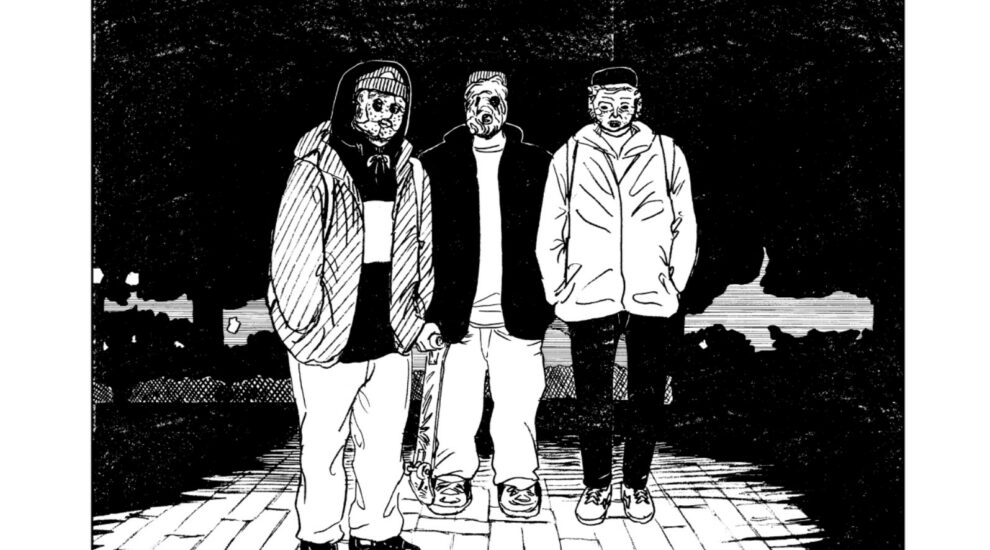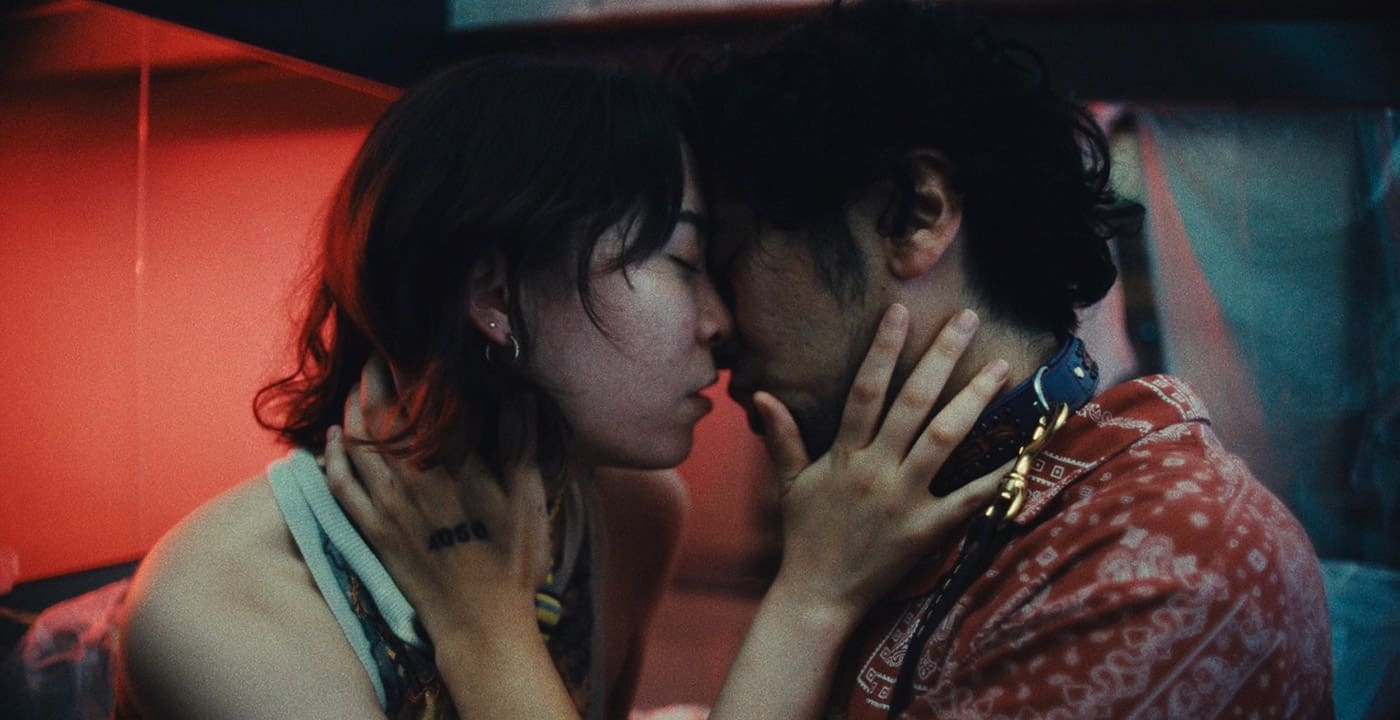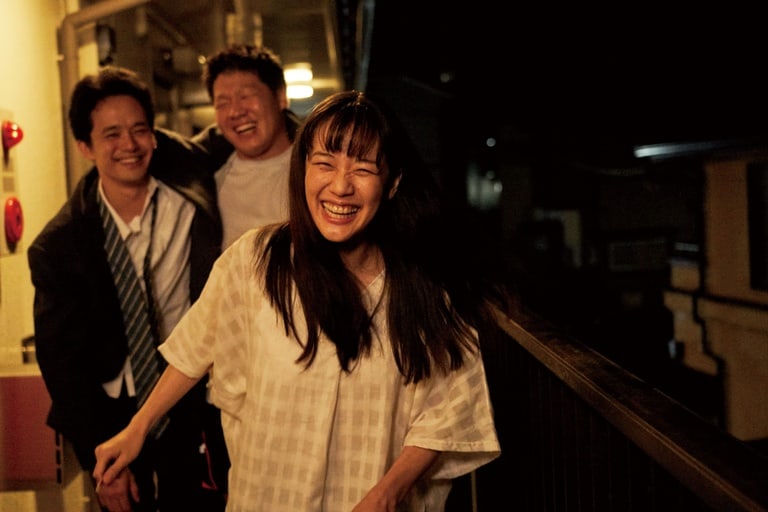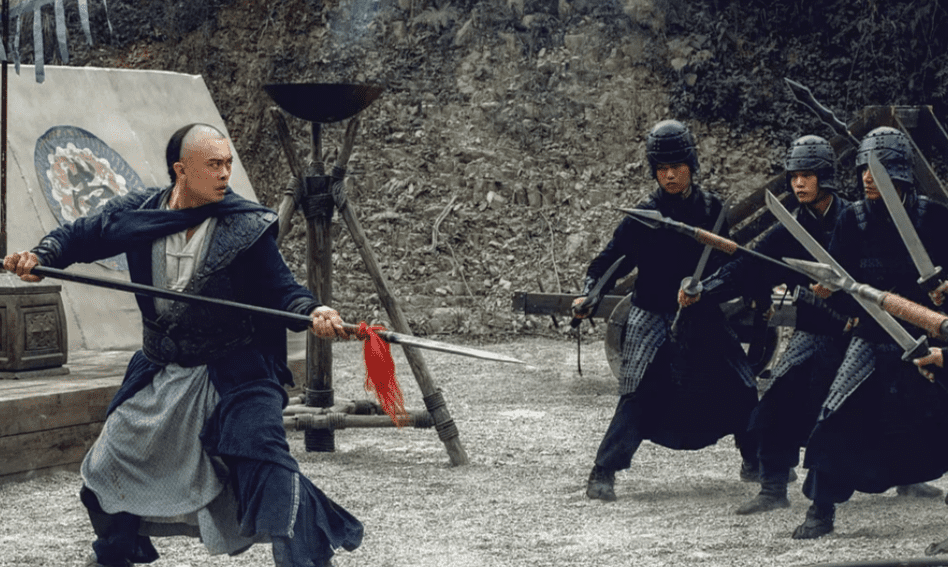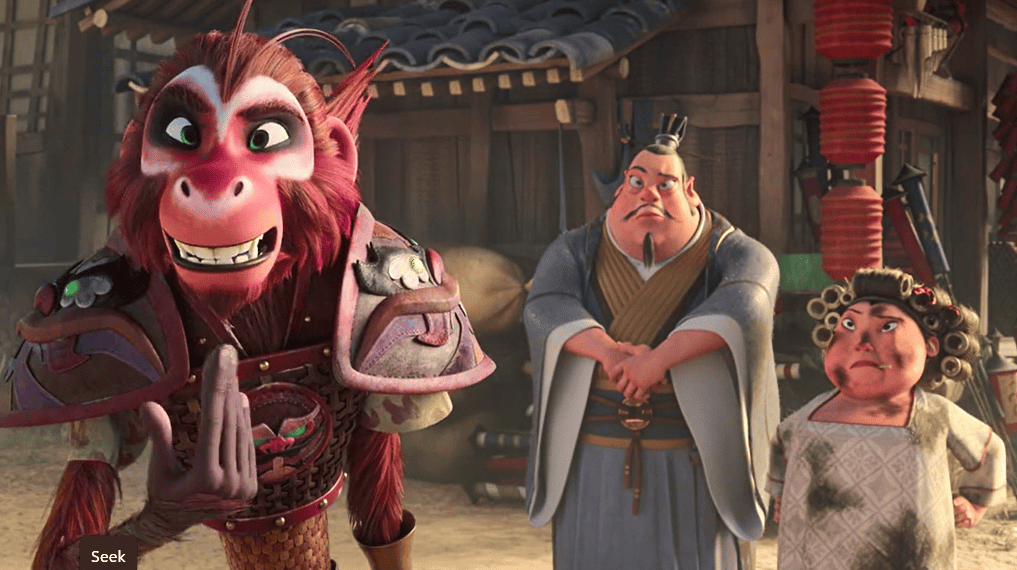“Children of Mu-Town follows the course charted by youths of an aging residential housing complex who are struggling for their lives: burdened by financial issues, peer pressure, and uncertain futures, ensnared in the clutches of organized crime, they are searching for a way to survive. When a municipal renovation project seems to offer a future of stability for their dilapidated town, the mysterious and far-reaching consequences that their actions set into motion may leave Juichi and his friends with no option but annihilation.” (Glacier Bay Books)
Buy This Title Through Glacier Bay Books Site
Or Read Digitally Through Azuki
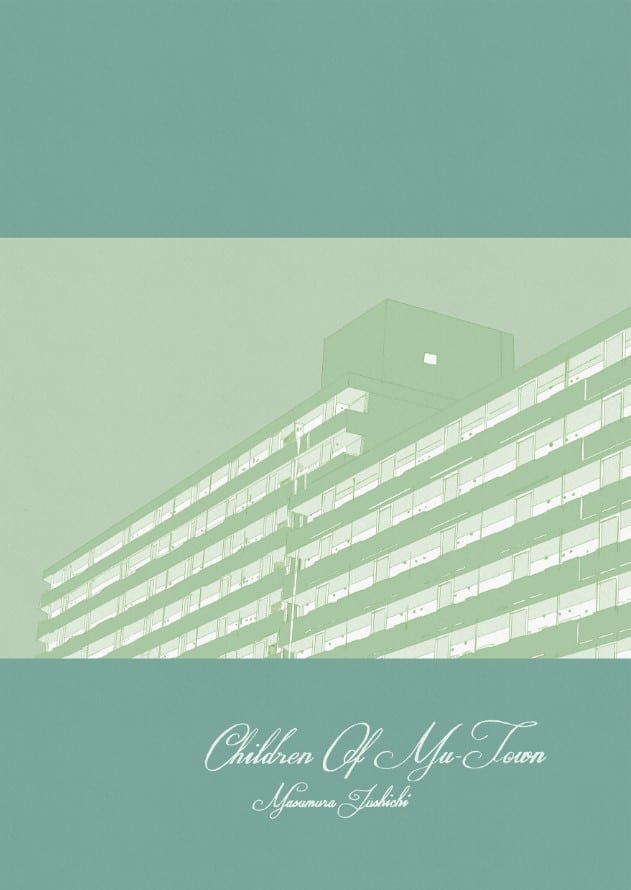
Masumura Jushichi's “Children of Mu-Town” is a unique look into Japanese indie manga, made possible through Glacier Bay Books which specializes in shining light on lesser-known titles and creators.
The manga lingers in a peculiar limbo state, meeting at a place where the youth of Japan clash with the older generation through socio-economic factors. There is a sense of exploitation of the elderly by the younger generations using the wealth of the former as a means to control their lives in the large complex block known as Mu-town, yet at the same time, the younger generations are reliant on the existence of Mu-town and the imbalance of population among the generations. Furthermore, the release explores immigration in Japan using Mu-town as a battleground of sorts between nationalism among the elderly and the continual population crises that plagues Japan.
Follow us on Twitter by clicking on the image below
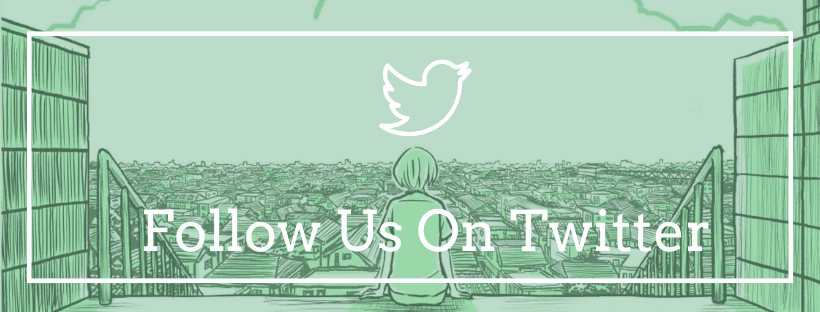
However, one of the most brilliant elements of “Children of Mu-Town” is how it subverts these issues by focusing on a few individuals. Moreover, the intent of the book is not immediately apparent, and the profundity of the larger scale the manga approaches is not revealed until the later chapters. Instead, the story follows a man named Juichi, who exists on the side of squeezing money from the various residents of the town
Juichi is a deceptively intelligent protagonist, another element that becomes more apparent as the story progresses. His commentary proves invaluable as the themes of the book come together, which also closes with a final monologue on the true purpose of Mu-Town in the Japanese cultural landscape that borders between conspiracy and devious political leveraging. This element is best left for readers to discover, but closing moments cement the manga as a true stand-out in exploring current and (possible) future issues that the Japanese people will face in their current population crisis.
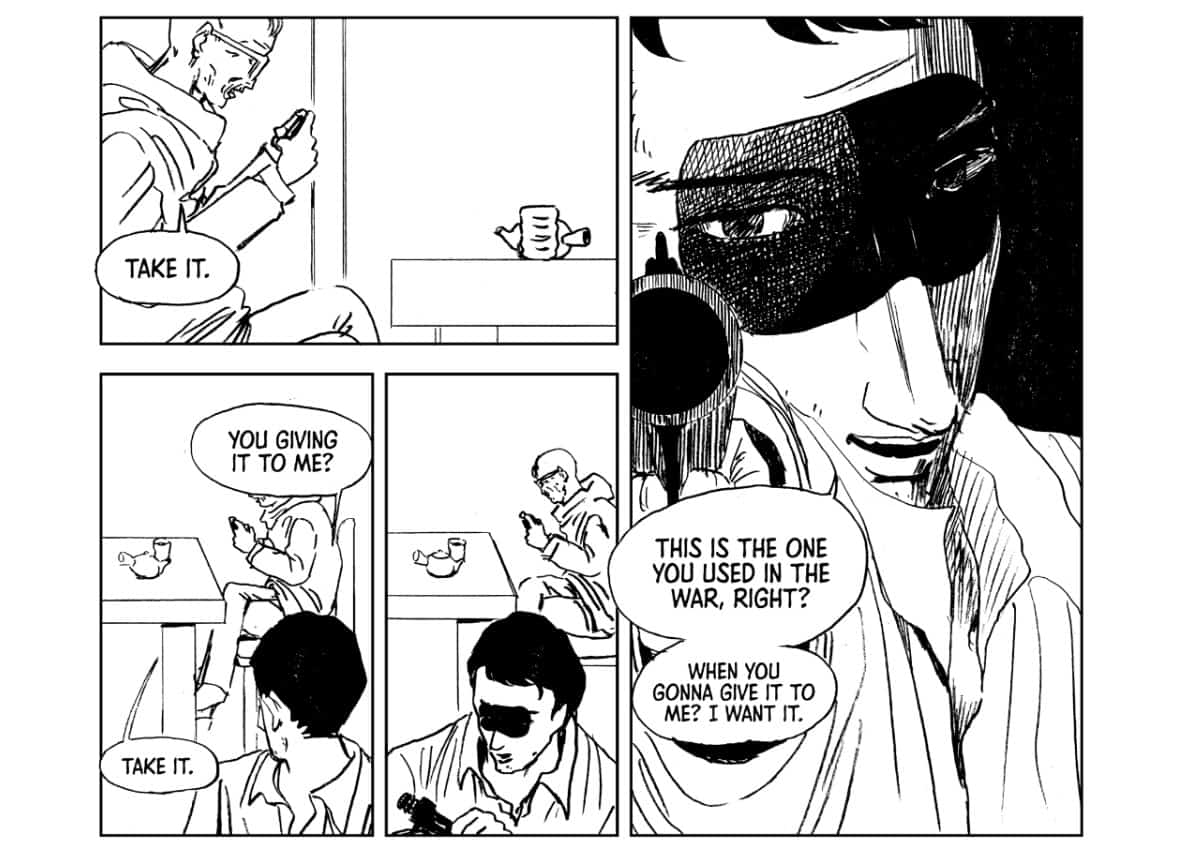
Another element of the story that works well is the subversive humor that borders on tragedy, with one of the later chapters introducing a character named Karen whose purpose is to rate Mu-Town and bring prosperity by making it a refuge for immigration and grow the capital of the area. Karen's role feeds into the closing dialogue that puts the true purpose of Mu-Town into perspective, but the exposure of the false power she mistakenly tries to wield paints her as a sad figure worthy of the namesake ‘Karen'–someone who thinks they have authority but is in fact inconsequential.
Visually, “Children of Mu-Town” is unlikely to appeal to a general manga audience, especially those that stick primarily to popular titles with a distinctly commercial Japanese aesthetic. The work in its presentation certainly radiates indie charm, as it is rather simplistic and crude yet full of character and very considered when it comes to panel layout. This approach combined with the subject matter ensures the manga will remain a niche title, which is ideal for those seeking just that.
Ultimately, “Children of Mu-Town” will find favor with an audience that wishes to challenge themselves with alternative storytelling and visual approach. The way that the story slowly unveils itself into exploring broader themes through an eccentric cast of characters will also draw in those that like contemplative work that does not simplify itself just to reach as many as possible. If any of that appeals to your own sentiments, don't hesitate to check this one out.
*I read “Children of Mu-Town” on the Azuki App.


